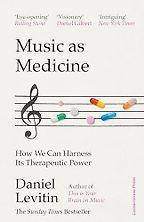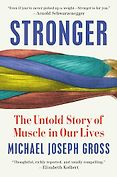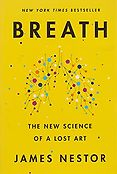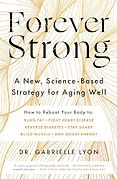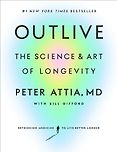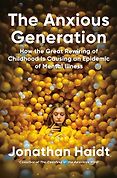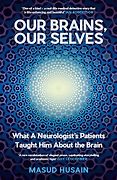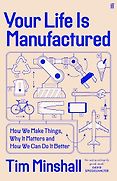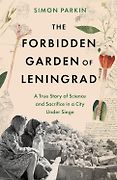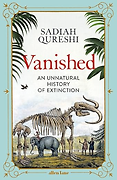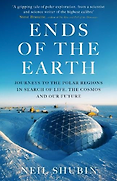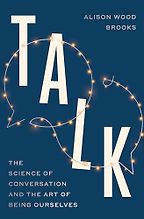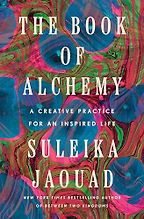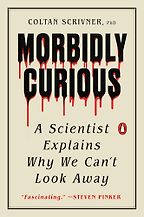Books by Daniel Levitin
“Levitin is a researcher, a musician, and a scientist. So he’s an interesting person with a very varied perspective. A lot of this book is about how music influences the brain, and how music can be used to treat neurological issues. It’s not all classical music; there’s also music by Beyoncé and a whole bunch of other things. One of the real messages that comes from this is that there is no one-size-fits-all. Music as medicine is highly personal. Something that works for you might not work for your wife, your brother, your sister, your child. There are certain things about every person’s brain that work in particular logical and electrical shapes. So how this work depends on the individual.” Read more...
The Best Popular Science Books of 2025: The Royal Society Book Prize
Sandra Knapp, Biologist
Interviews where books by Daniel Levitin were recommended
-

1
Stronger: The Untold Story of Muscle in Our Lives
by Michael Joseph Gross -

2
Breath: The New Science of a Lost Art
by James Nestor -

3
Forever Strong: A New, Science-Based Strategy for Aging Well
by Gabrielle Lyon -

4
Outlive: The Art and Science of Longevity
by Peter Attia & with Bill Gifford -

5
Music as Medicine: How We Can Harness Its Therapeutic Power
by Daniel Levitin -

6
The Anxious Generation: How the Great Rewiring of Childhood Is Causing an Epidemic of Mental Illness
by Jonathan Haidt
New in Health
New in Health
What's good for your health can be bewildering at times, as new studies reveal new angles on what's good for you and what's bad for you. What to eat can be particularly confusing, as we try to differentiate the latest fad from what actually matters to our long-term health.
-

1
Our Brains, Our Selves: What a Neurologist’s Patients Taught Him About the Brain
by Masud Husain -

2
Music as Medicine: How We Can Harness Its Therapeutic Power
by Daniel Levitin -

3
Your Life Is Manufactured: How We Make Things, Why It Matters and How We Can Do It Better
by Tim Minshall -

4
The Forbidden Garden of Leningrad: A True Story of Science and Sacrifice in a City under Siege
by Simon Parkin -

5
Vanished: An Unnatural History of Extinction
by Sadiah Qureshi -

6
Ends of the Earth: Journeys to the Polar Regions in Search of Life, the Cosmos, and our Future
by Neil Shubin
The Best Popular Science Books of 2025: The Royal Society Book Prize, recommended by Sandra Knapp
The Best Popular Science Books of 2025: The Royal Society Book Prize, recommended by Sandra Knapp
Every year, the judges for the Royal Society Book Prize search for the most informative and most readable new books on scientific subjects. In 2025, their shortlist of the best popular science books includes a history of extinction in the colonial world, and the heartrending story of the struggle to save the world’s first seed bank during the Siege of Leningrad. We spoke to the botanist Dr Sandra Knapp, chair of the judging panel.
-

1
Music as Medicine: How We Can Harness Its Therapeutic Power
by Daniel Levitin -

2
Talk: The Science of Conversation and the Art of Being Ourselves
by Alison Wood Brooks -

3
How to Have Willpower: An Ancient Guide to Not Giving In
selected and translated by Michael Fontaine -

4
The Book of Alchemy: A Creative Practice for an Inspired Life
by Suleika Jaouad -

5
Morbidly Curious: A Scientist Explains Why We Can't Look Away
by Coltan Scrivner
Notable Psychology & Self-Help Books of 2025, recommended by Five Books
Notable Psychology & Self-Help Books of 2025, recommended by Five Books
We gathered together a selection of five new and noteworthy self-help and psychology books that advise us on how we might become stronger willed, more creative and better conversationalists—as well as exploring the science behind music therapy and the enduring fascination of horror movies.
